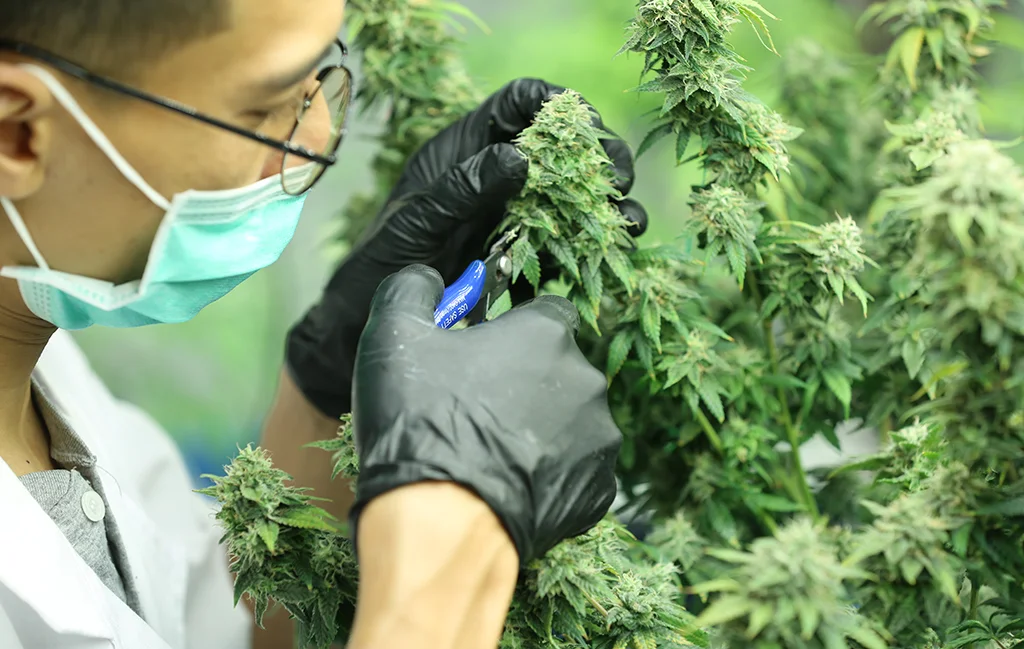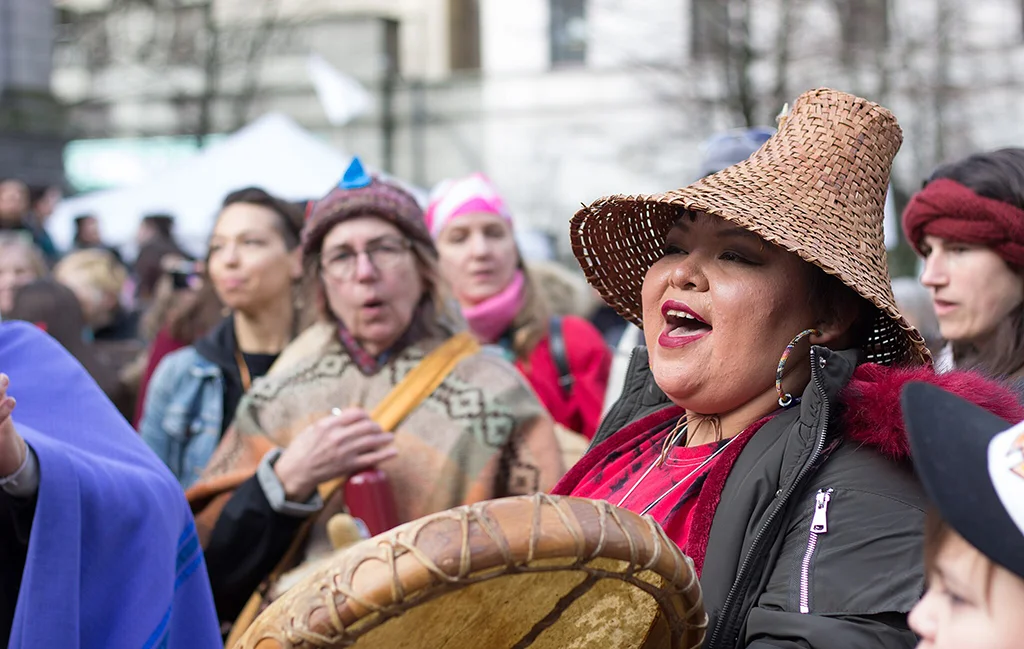As British Columbia approaches a provincial election, the BC Conservatives have drawn attention with their approach to addressing the drug crisis, particularly in Vancouver’s Downtown Eastside (DTES). While some advocacy groups have criticized the party’s rhetoric and policy proposals, there are key aspects of the BC Conservatives’ platform that appeal to voters seeking a tougher stance on the province’s drug epidemic. Amid the controversy, the party’s focus on treatment over harm reduction may resonate with British Columbians looking for concrete solutions to what many see as a worsening crisis.
Emphasizing Treatment Over Harm Reduction
One of the BC Conservatives’ standout policies involves a shift away from harm reduction toward a greater emphasis on treatment for addiction. This approach, though criticized by some drug policy advocates, aligns with a growing frustration among British Columbians who believe that current harm reduction policies have not done enough to curb public drug use or the devastating effects of the opioid crisis. The party’s focus on involuntary care and rehabilitation is intended to provide a structured path for recovery, particularly for individuals who may be unwilling or unable to seek help on their own.
BC Conservative leader John Rustad has made it clear that his party’s priority is to address what he calls “street disorder” by increasing access to treatment, even if that means resorting to involuntary measures. While this may be seen by some as controversial, supporters argue that the Conservative approach offers a necessary alternative to what they view as ineffective harm reduction measures. By prioritizing treatment, the BC Conservatives are positioning themselves as the party of decisive action, proposing policies that aim to tackle addiction head-on rather than merely managing its symptoms.
Addressing Public Safety
The BC Conservatives’ drug policy also speaks to broader concerns around public safety and cleanliness in communities like the DTES. By taking a more direct approach to drug use in public spaces, the party aims to address the impact that open drug use has on local businesses and residents. Candidate Elenore Sturko’s remarks about the need to “round up” individuals who are using drugs in public spaces have sparked criticism, but they also reflect a sentiment shared by many frustrated with the visible effects of the drug crisis.
For businesses and residents affected by the ongoing issues in areas like East Hastings, the Conservative stance on stronger enforcement and mandatory treatment offers a potential solution. Sturko’s comments, while controversial, resonate with voters who feel that the current policies have left their communities vulnerable to crime, disorder, and deteriorating public spaces. The BC Conservatives’ tough-on-crime approach—focused on restoring a sense of order—could appeal to those seeking immediate action in the face of a crisis that has, for many, spiraled out of control.
Balancing Care with Public Responsibility
At the heart of the BC Conservatives’ platform is a belief that individuals struggling with addiction require more than just harm reduction—they need structured care that helps them reintegrate into society. By emphasizing treatment, the party seeks to balance compassion with public responsibility. The idea is to help those suffering from addiction while also ensuring that communities do not continue to bear the brunt of the social and economic impacts of the drug crisis.
Though critics have labeled the Conservative approach as “dehumanizing,” supporters view it as a necessary step to protect both individuals and communities. Involuntary treatment, while controversial, is framed by the Conservatives as a means of saving lives, especially in cases where individuals may not be able to make decisions in their own best interests due to severe addiction. The party argues that by providing structured treatment, it can help break the cycle of addiction and homelessness, leading to long-term recovery and improved public safety.
The Broader Political Context
It’s important to note that the BC Conservatives are not the only party exploring involuntary treatment as a solution to the drug crisis. BC NDP leader David Eby recently announced plans to expand involuntary care through secure facilities, suggesting that there is bipartisan interest in exploring more assertive interventions for addiction. This shared focus across party lines indicates a growing consensus that voluntary harm reduction services, while vital, may not be sufficient to address the scale of the problem.
This shift in political rhetoric points to a broader recognition that the opioid crisis—and the toxic drug supply fueling it—requires bold and innovative solutions. While harm reduction advocates continue to push for expanded safe consumption sites and supportive services, the BC Conservatives and NDP are tapping into voter concerns about the visible impact of addiction in public spaces and the need for more aggressive interventions.
A Path Forward
Although the BC Conservatives have faced backlash for some of their campaign messaging, their policy proposals offer an alternative framework for tackling the drug crisis—one that emphasizes treatment and rehabilitation as a long-term solution. While some worry about the implications of involuntary care, others see it as a way to break the cycle of addiction for individuals who are caught in a downward spiral and unable to seek help on their own.
Ultimately, the success of the BC Conservatives’ approach will depend on how effectively they can address the concerns of both critics and supporters. Finding a balance between ensuring public safety, offering compassionate care, and protecting the rights of individuals will be crucial as the province grapples with the drug crisis. Whether the Conservative platform will resonate with voters remains to be seen, but the conversation it has sparked indicates a desire for more decisive action in tackling one of BC’s most pressing challenges.
Kris has been at the forefront of Downtown Eastside initiatives for over 15 years, working to improve the neighbourhood. As a consultant to several organizations, he played a key role in shaping harm reduction strategies and drug policies. A strong proponent of decisive action, Kris’s work focuses on driving tangible change and advocating for solutions that address the complex challenges facing the community.







Leave a Comment